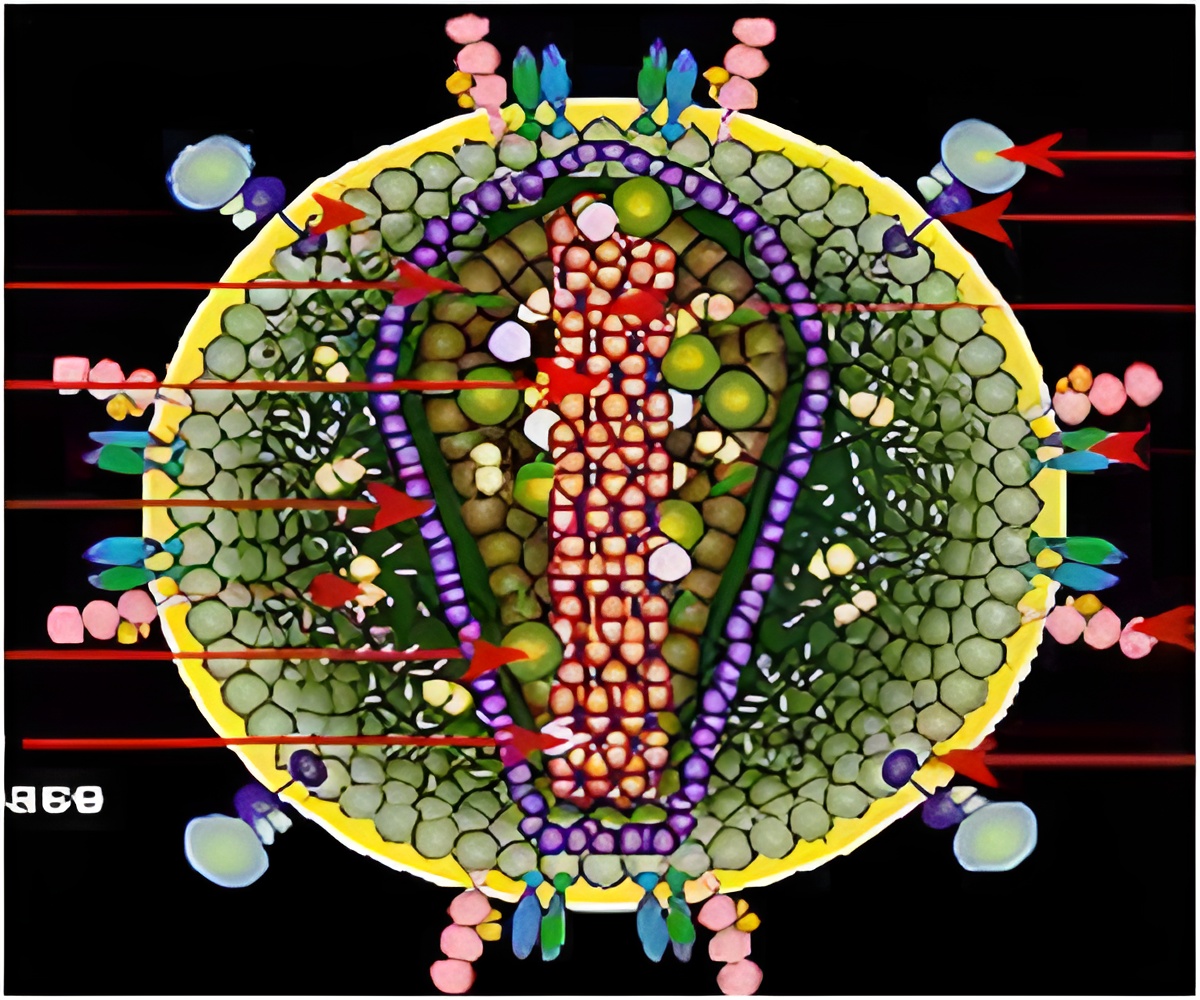
Uganda's parliament passed new legislation criminalising the deliberate transmission of HIV -- the virus that can lead to AIDS -- in May.
MPs argue that the move is necessary to halt a rise in infections, but rights groups argue that the new law -- if signed by President Yoweri Museveni -- will only further stigmatise those living with HIV and dissuade people from getting tested.
On Friday, the government's own AIDS body said the law would hamper efforts to stem the spread of the virus.
"If this is the law, then a right thinking a person would not get tested... so that if he transmits the virus, he can always claim that he did not know he was positive," said Nantulya, describing the bill as "nonsensical".
"But is this what we want? No! We want people to get tested so we can put them on treatment."
Advertisement
The government mounted a highly successful public awareness campaign in the late 1980s and 1990s, causing infection rates to drop from double to single digits.
Advertisement
Source-AFP














